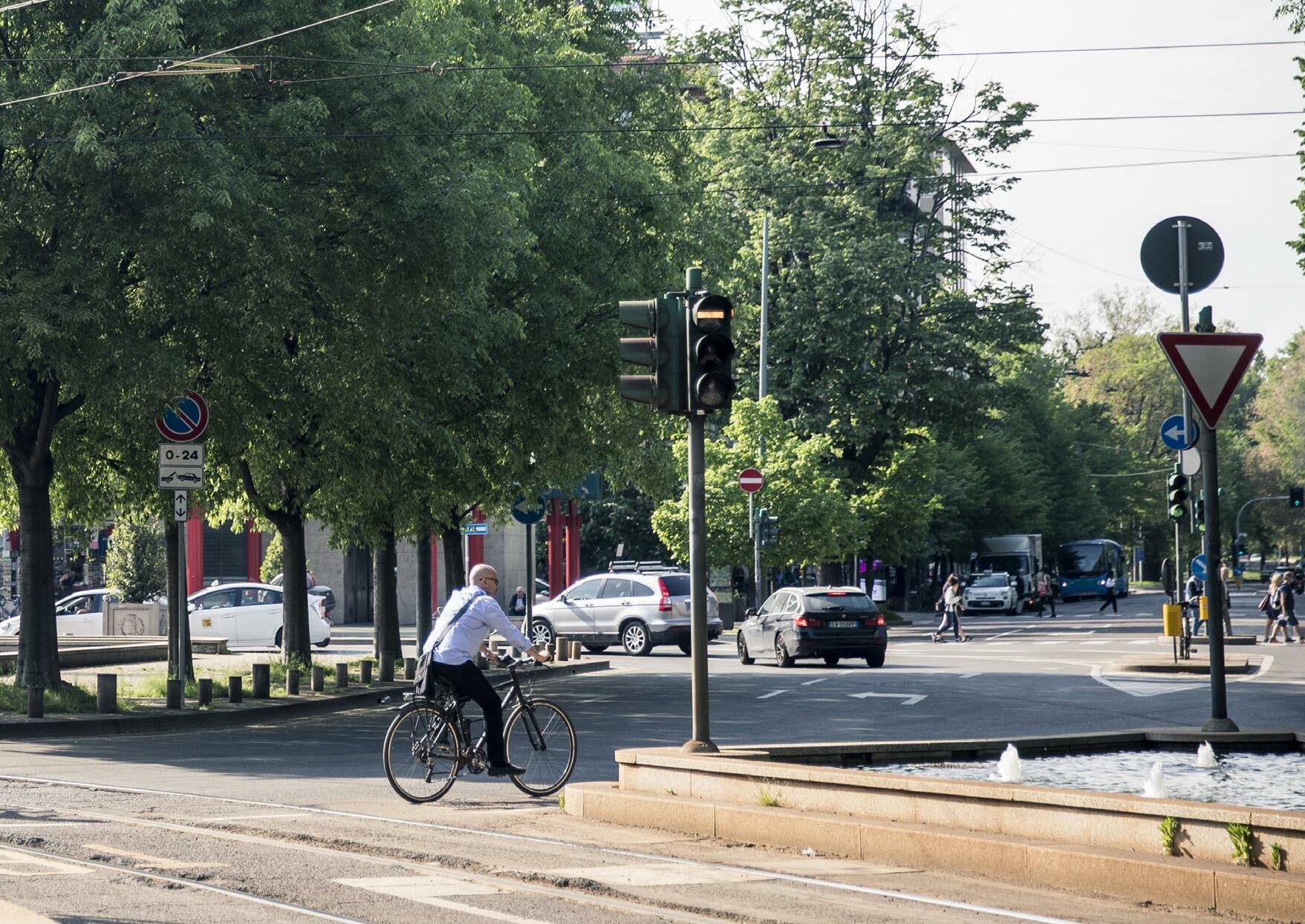
3 minute read
The Urban Diabetes Consensus
ROME July 8 2019
CONSENSUS KEY ASPECTS
1 COLLABORATE
The scope of the challenge means that the fight against urban diabetes can only be won if we forge strong alliances between cities, universities, health centers, community leaders, industry and professionals. Establishing mechanisms for collaboration through partnerships are a prerequisite for bending the curve on urban diabetes.
2 UNDERSTAND THE CHALLENGE
To fully understand the situation and identify opportunities for building resilience, cities must study and monitor the specific health determinants that impact health in their urban context including social factors, cultural determinants and the urban environment.
3 RAISE AWARENESS
Cities must ensure a high-level of health literacy through health education, campaigns and easily accessible health information for all people of all ages.
4 BUILD A HEALTH PROMOTING ENVIRONMENT
Cities must strive to make the city environment an enabler for living a healthy life by supporting active transportation, access to healthy food, and creating sports and exercise facilities close to where people live.
5 PARTNERSHIPS
The challenge of urban diabetes is not unique to one country or city. As cities in the Cities Changing Diabetes partnership, we encourage more cities to join the fight against urban diabetes and share their best practises with cities around the world. Together we can bend the curve on urban diabetes.
URBAN DIABETES
CITIES ARE THE FRONT LINE FOR BENDING THE CURVE ON TYPE 2 DIABETES
Diabetes is rising at an alarming rate around the world. By 2045, an astounding 736 million people could be living with diabetes. Given the devastating human and economic cost that diabetes and its complications have on individuals, families and communities, this growth is simply unsustainable. We must change the trajectory of the rise in diabetes, which is why the Cities Changing Diabetes partnership set a bold ambition that no more than 1 in 10 adults globally has diabetes in 2045.
Rapid, global urbanization is changing both where people live, and the way people live. City planning, policy, and culture have a direct impact on people’s health. Already today 2/3 of people living with diabetes live in cities. The Cities Changing Diabetes partnership aim to improve understanding of the principal factors behind the rise of diabetes in urban settings, then share and apply that knowledge to real world solutions for people to live healthier lives. Cities are where the fight against diabetes must be fought and won.
A BOLD AMBITION
THE URBAN DIABETES CONSENSUS

ROME July 8 2019
CONSENSUS KEY ASPECTS
The Urban Diabetes Consensus is an agreement between four partner cities of the global Cities Changing Diabetes Programme:
HOUSTON, SHANGHAI, ROME AND MILAN
Houston and Shanghai were among the first five cities to start the programme in 2014. Rome joined the programme in 2017, followed by Milan in 2019. All four cities have demonstrated their commitment to improving health through policies and actions.
The Urban Diabetes Consensus defines the strategic aspects of actions to improve health in cities through a holistic and multisectoral approach.
ROME Andrea Lenzi
Full Professor of Endocrinology University of Rome Sapienza, President Health City Institute and President National Committee for Biosafety, Biotechnology, Life Science of Prime Minister Council
SHANGHAI Cai Chun
Msc, MPH. Executive Deputy Director of Hospital Management Research Center Shanghai Jiaotong University Affiliated Sixth People’s Hospital
HOUSTON Faith E. Foreman-Hays
Dr.P.H., MPH, BA, LVN. Assistant Director of Office of Chronic Disease, Health Education and Wellness Houston Health Department
MILAN Michele Carruba
Full Professor of Pharmacology and President of Obesity Centre Department of Milan University



